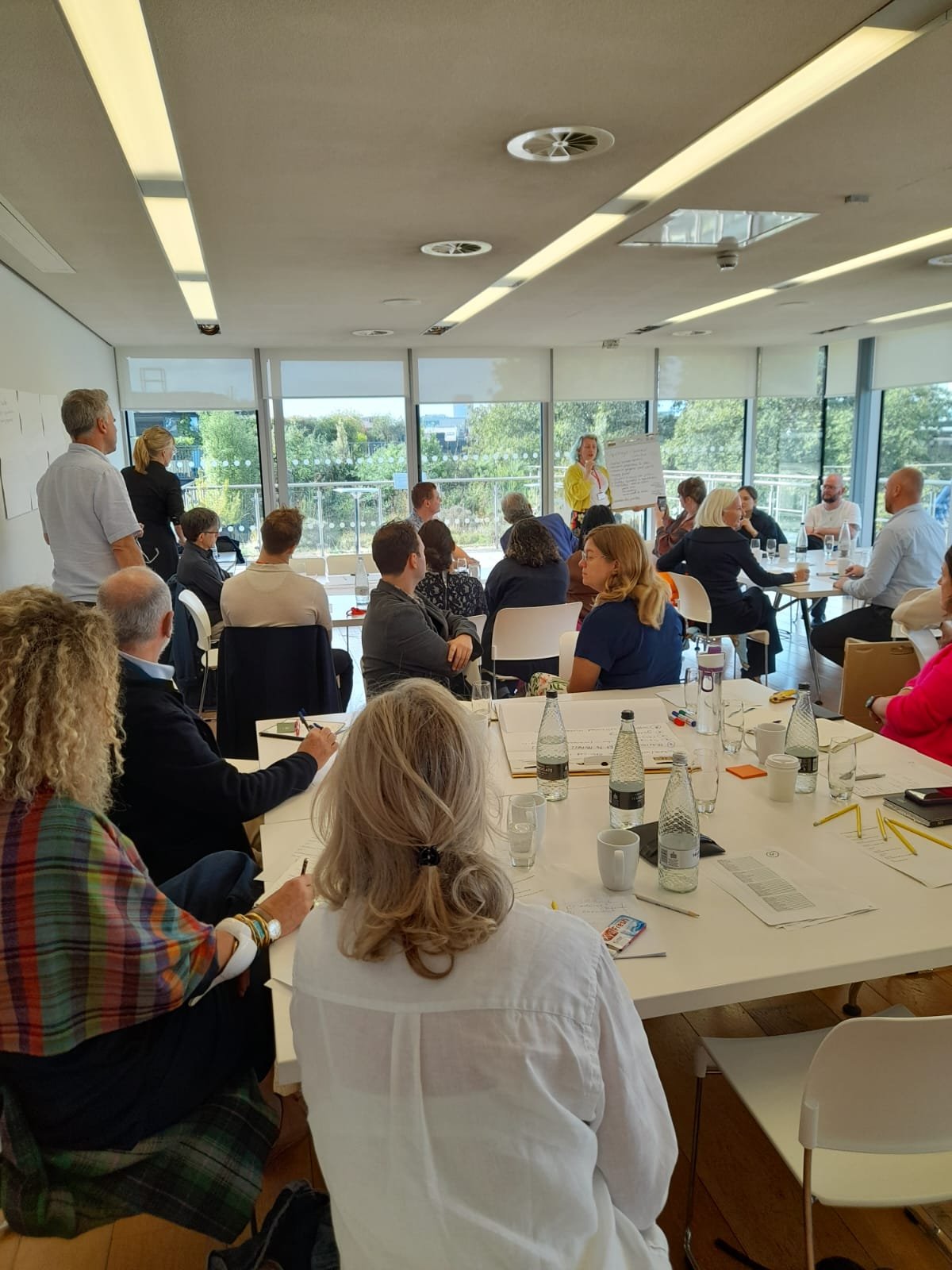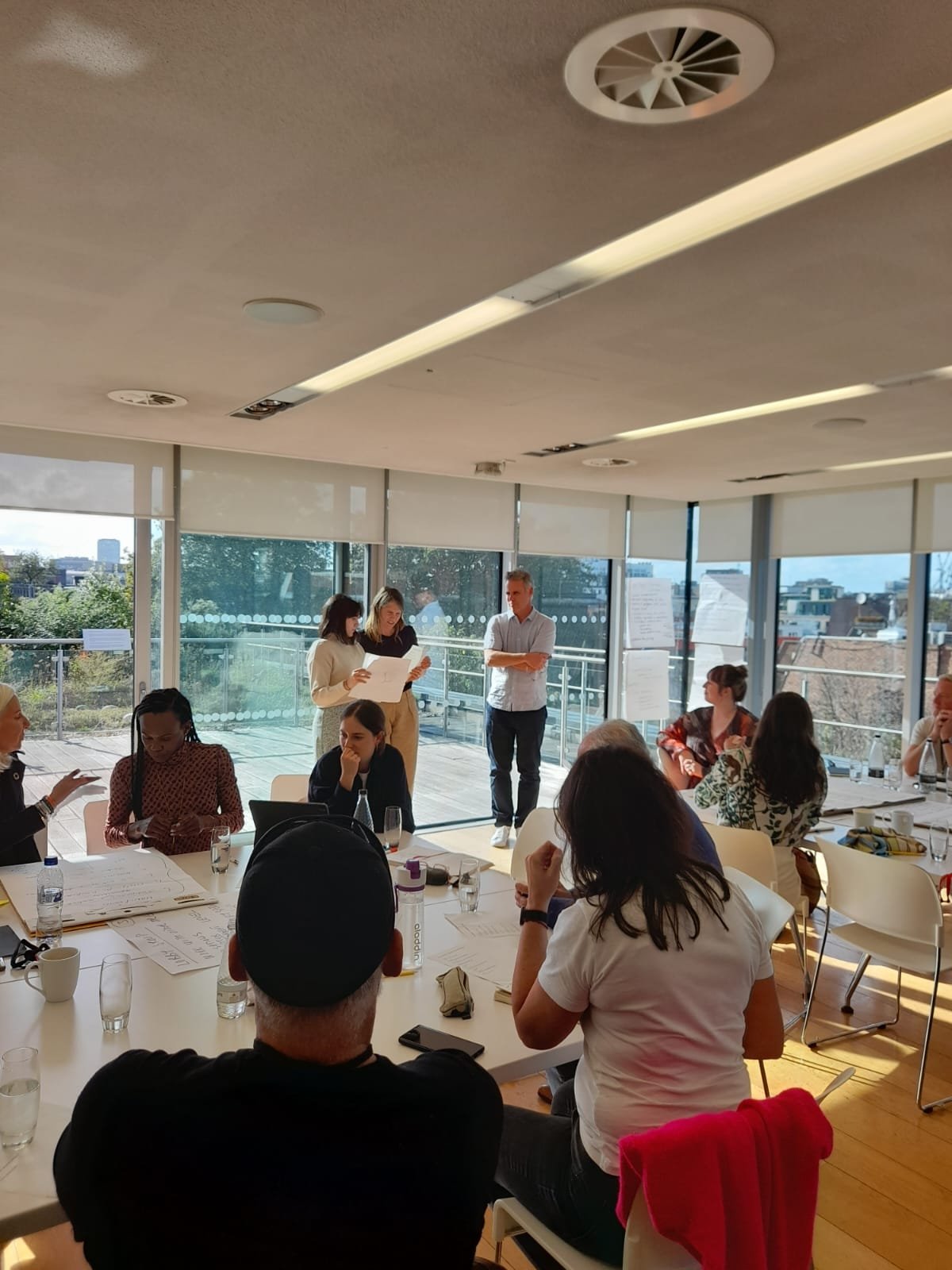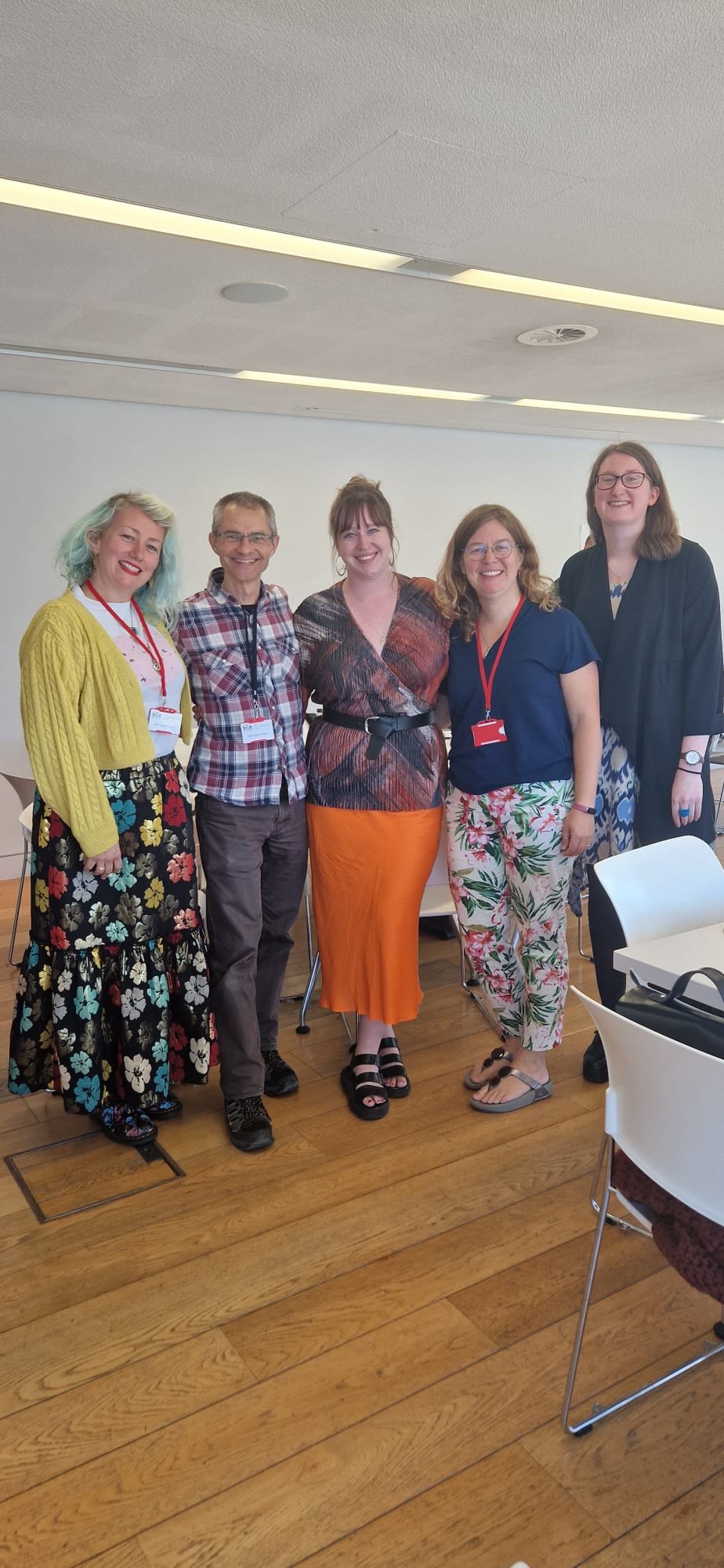Copenhagen Commitment Solutions Workshop
In September 2023, the Copenhagen Commitment Solutions Workshop brought together independent thinkers and organisations to identify four key areas to take action in our industry. This broadly explored defining terminology and methods for gathering credible data, lobbying based on a manifesto, communication strategies to empower people throughout the industry and empowering people in mining communities. Below is the full summary from the Copenhagen Commitment team.
Copenhagen Commitment Event Highlights
The event commenced with Svend's stirring opening speech, emphasising the urgency to act rather than engage in prolonged discussions. It was a call to action, underlining that what needs to be done outweighs the pursuit of perfection.
Participants were divided into four distinct groups, each comprised of professionals in different fields tasked with generating innovative and essential ideas to improve our supply chain.
The first group identified the primary communication challenge - the necessity for a clear, universally understood language for responsible sourcing discussions, the establishment of boundaries, and the importance of conveying our values to the public. They proposed developing a comprehensive charter representing the CC's principles and suggested the creation of a collective or union to enhance purchasing power.
The second group advocated for a robust lobby group, capable of safeguarding independent jewellers, addressing challenging issues, and providing a voice in important industry decisions. They also recognised the need to give back to marginalised communities historically exploited.
The third group focused on the importance of data sharing, encompassing supplier information, traceability, health and safety, wages, and an academic-driven approach to assess the environmental impact of various mining practices.
The fourth group concentrated on a range of issues, including maximising benefits for miners/cutters, addressing concerns related to recycled gold and greenwashing, calculating carbon footprints, and aiming for net-zero emissions. Their focus extended to supporting artisanal miners, empowering underserved communities, and sharing knowledge with newcomers.
From these groups, four key themes emerged: communication/education, lobby power, reliable data and empowering communities. Participants chose the area they were most passionate about.
The first group centred their efforts on communication. They highlighted the need for clarity, unity, and cohesiveness, suggesting that values be communicated through a charter, unified content, and shared via newsletters, encompassing not only the CC but also participants and their affiliated communities. The content would prioritise education, inspirational stories, and shared experiences. There was also a discussion of exploring a revenue-based membership model to fund the organisation.
The second group delved into the idea of a lobby group. Their plan involved drafting a shared manifesto to unite with sister organisations like NAJ and CIBJO, with the extended goal of engagement from organisations such as Ethical Metalsmiths, Positive Luxury, Fair Luxury, Gold for Future, and similar groups. The manifesto was scheduled for completion by November 15th, with a three-week comment window, aiming for finalisation by December 10th. Future steps involved securing support from various organisations and independent jewellers.
The third group emphasised the need for education, particularly through the creation of a comprehensive database. Their initial step involved listing existing resources and centralising them on an open-source platform. Some participants agreed to share the data they had collected, paving the way for the creation of the database. They envisioned an open-source, neutral space for definitions and ESG data. Their first focus will be on gold.
The fourth group focused on empowering underserved communities. Although the sector held a special place in everyone's hearts, they decided to defer project selection and prioritisation until after a visit to Madagascar (Illakaka) in the coming months. The pilot program aimed to understand the local situation, collaborate with relevant local figures, and determine how best to provide assistance. They emphasised the importance of sponsoring community projects through an NGO to avoid conflicts of interest with CC's material purchases.
For those interested in supporting communities, two additional projects were proposed and sponsored by PACT. The first aimed to empower TAWOMA youth by teaching them jewellery-making skills and guiding them on how to present their creations to a global audience, including through social media. The second project sought to assist survivors of sexual assault in DRC in learning how to create jewellery and achieve financial independence.
Each group appointed a chair and a leader responsible for maintaining accountability and ensuring adherence to proposed timelines. The event concluded with a strong sense of community and a shared willingness to be the catalysts of change, prepared to invest the necessary time and effort.
The next Copenhagen Commitment Solutions Workshop will be in January 2024, which will follow up on progress made by groups since the first gathering. These events are kindly hosted by The Goldsmiths’ Centre.




